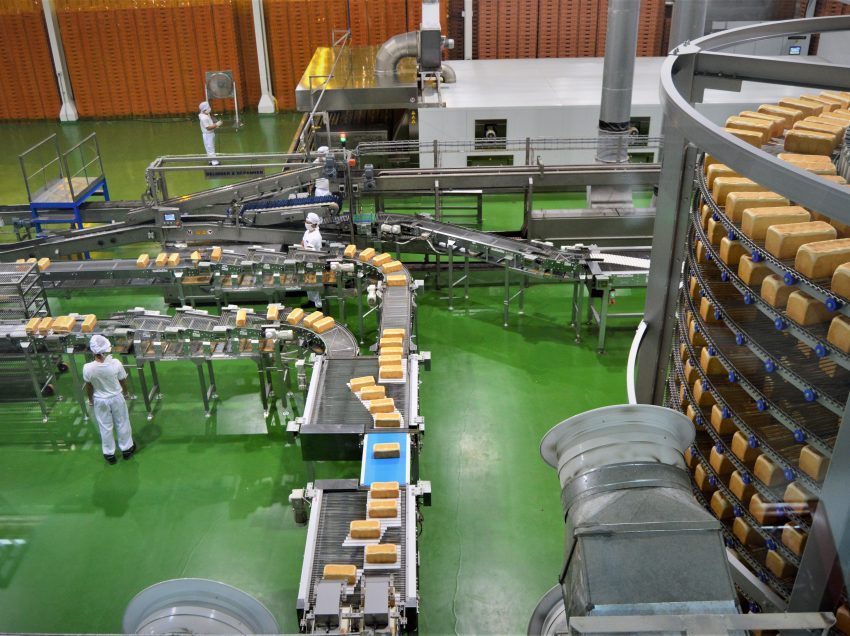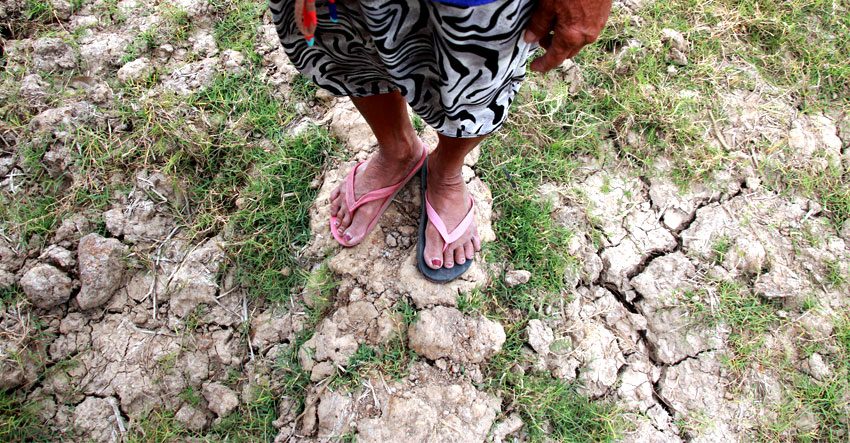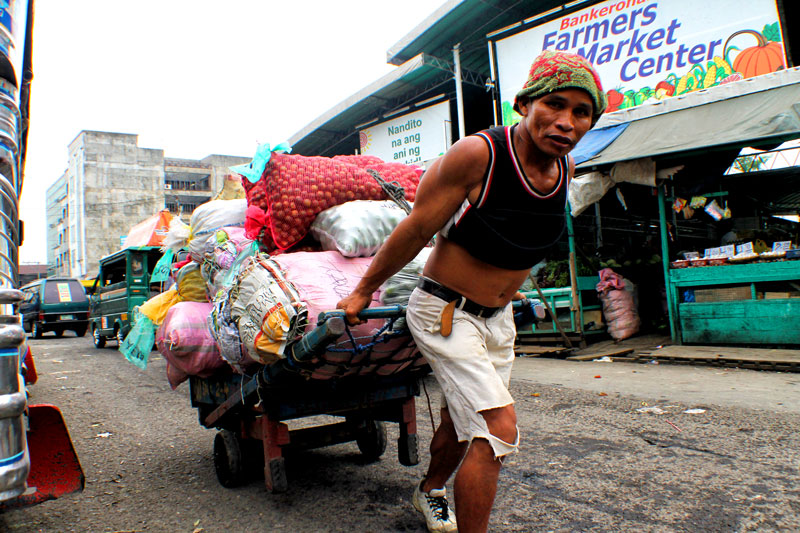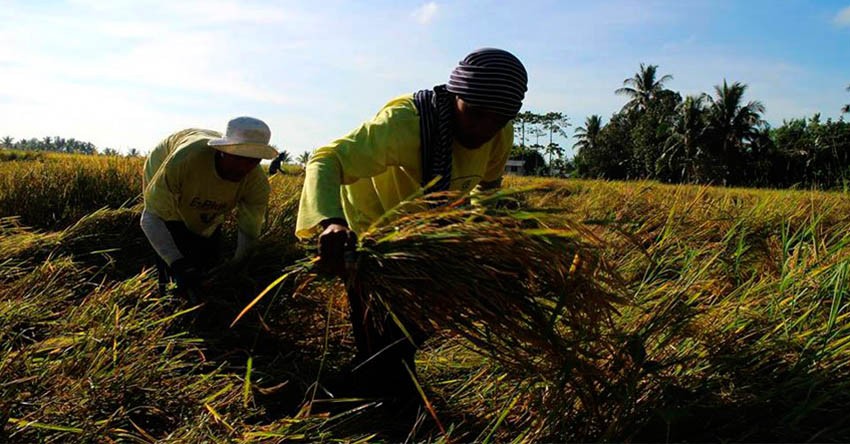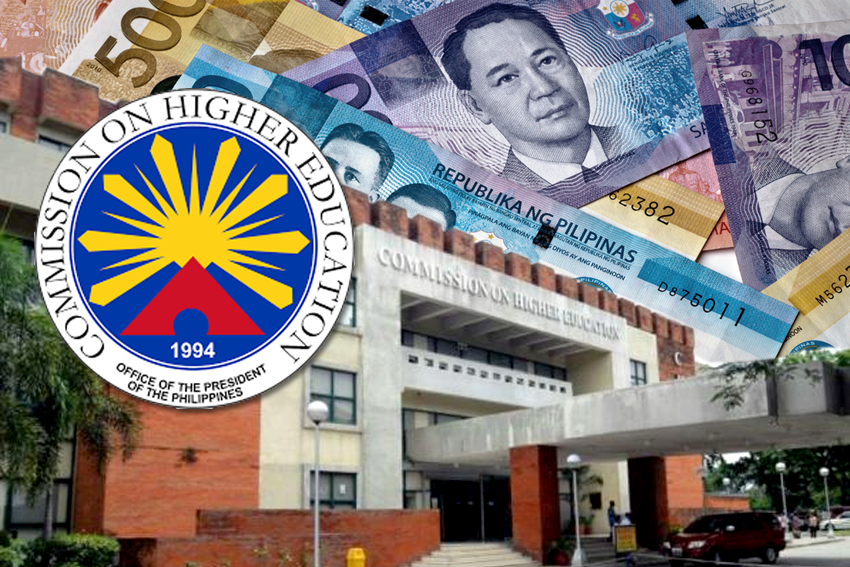Misamis Oriental boosts bid as prime business hub in Northern Mindanao
The El Niño has already affected around 13,000 farmers in the province according to the Office of the Provincial Agriculturist.
The National Bureau of Investigation-10 (NBI-10) said Friday it is set to file charges against individuals who they believed are behind the proliferation of illegally made and illegally sold cigarettes in Northern Mindanao.
Poor Filipinos are not happy with the 3.8% inflation rate as the surge of prices of basic commodities in the past months have already put them into indebtedness and worsened poverty, a progressive lawmaker said.
The Securities and Exchange Commission (SEC) has warned individuals not to invest their money in groups or individuals offering interests higher than what banks and other financial institutions give to their clients.
Members of the Makabayan bloc in the House have expressed deep concern on the commercialization of the public health services of the government with the passage of the Universal Health Care Act.
Militant peasant group Kilusang Magbubukid ng Pilipinas (KMP) deeply criticized the administration of President Rodrigo Duterte for signing the rice tarrification law, saying the measure will kill the rice industry in the country.
City health personnel are trekking the hinterlands to tract any case of filariasis, which has been declared controlled in the city.
As thousands of schools are expected to raise tuition and other school fees next school year, progressive youth organizations warned that government approval to another round of fee hikes “will only keep more youths out of schools.”
Programmed infrastructure development projects worth billions of pesos will soon be implemented in various areas in the Davao region, the National Economic Development Authority in the area-11 (NEDA) reported.

